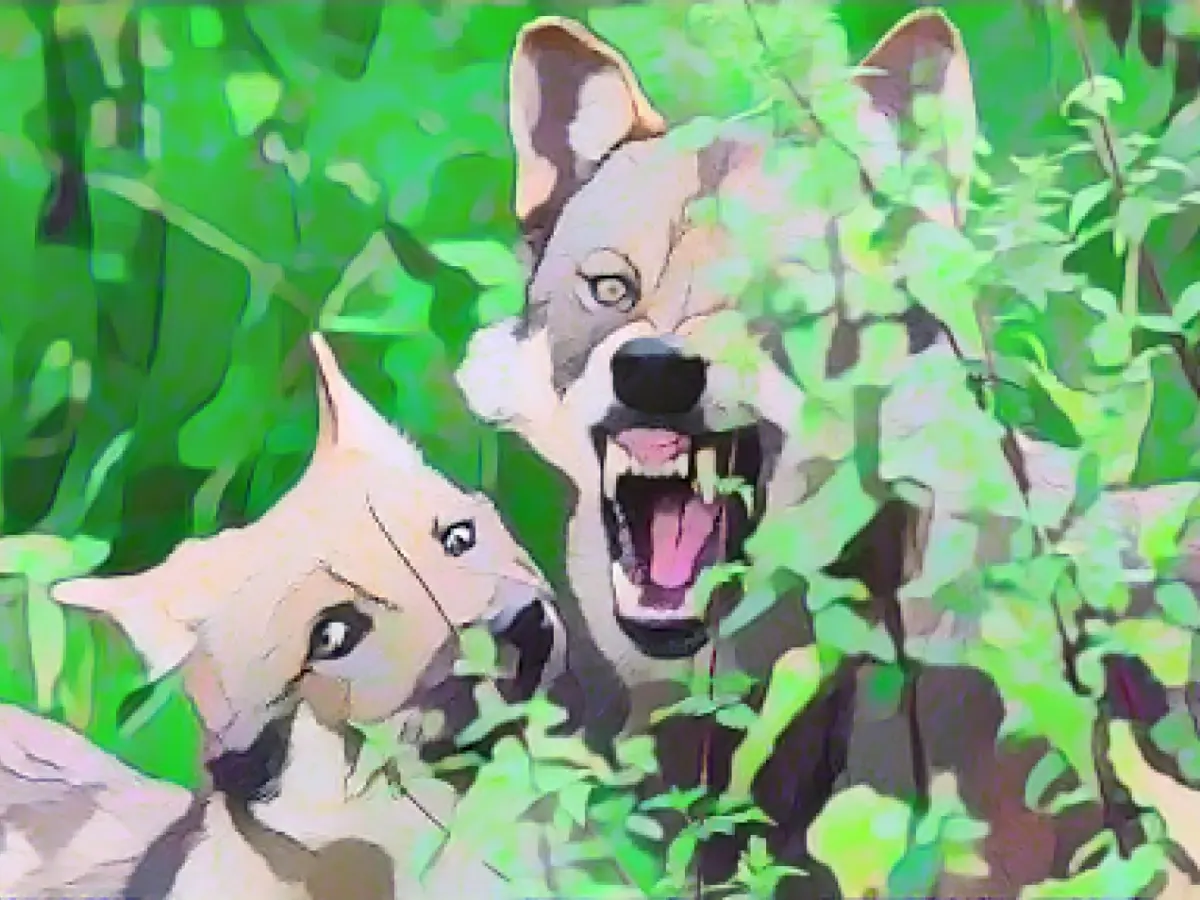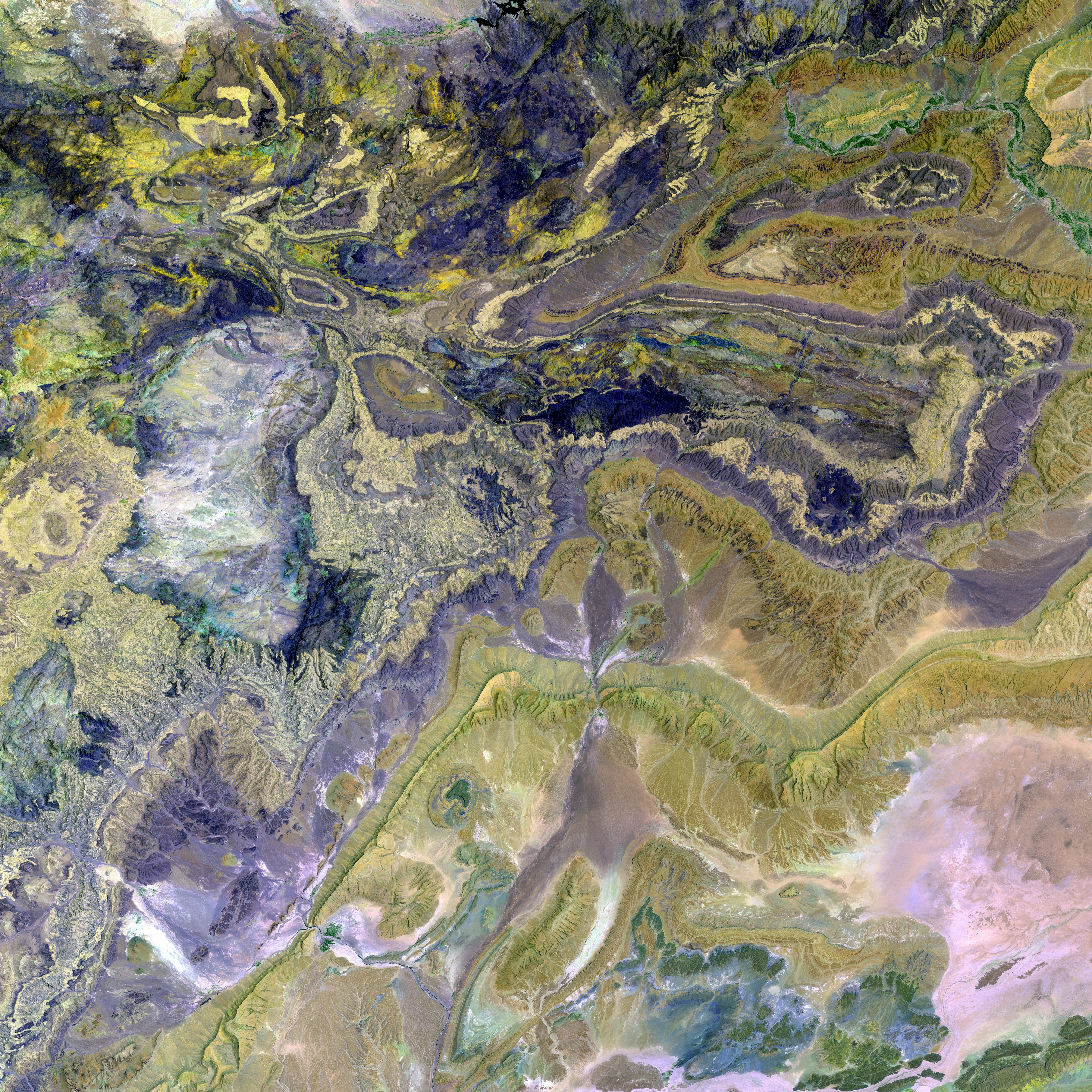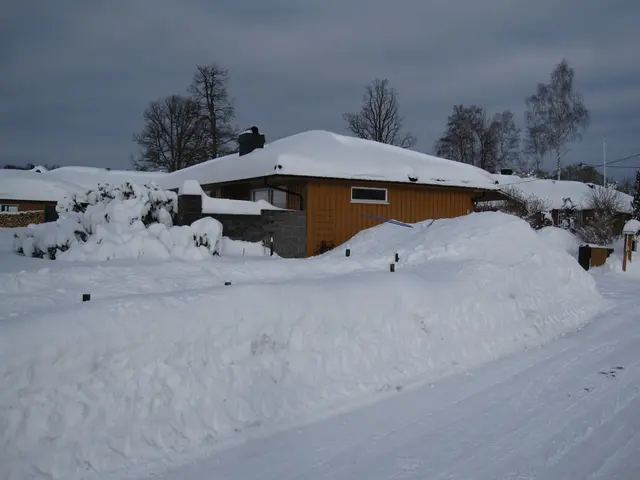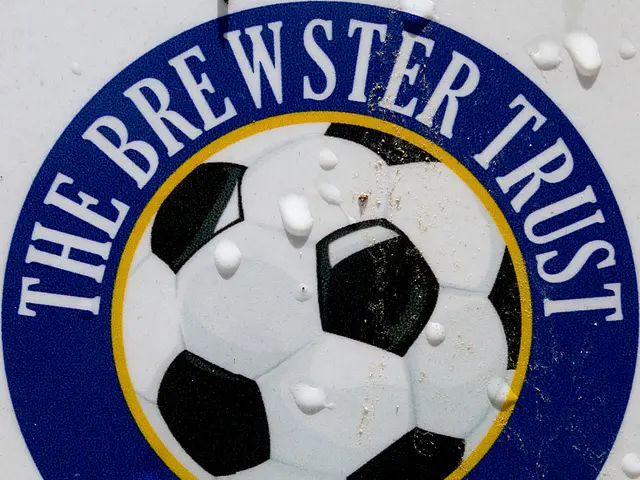Title: Swift Action Against Problematic Wolves in Germany
After a two-day meeting in Münster, Westphalia, German environment ministers agreed that problematic wolves that breach protective fences and kill livestock will be dealt with more swiftly in the future. This decision, hailed as a "breakthrough" by North Rhine-Westphalia's Environment Minister Oliver Krischer (Greens), allows for immediate action against such wolves.
Moving forward, certain regions with increased wolf predation will be defined. Unlike before, DNA analysis will no longer be required before shooting a wolf that has transgressed protective measures and resulted in livestock fatalities.
Herd Protection and Practical Approach
Herd protection is crucial to minimize conflicts between livestock farming and wolf populations, as emphasized by Krischer. However, a more practical and legally secure approach is needed to address individual wolves exhibiting unusual behavior across Germany.
Compatible with EU Law and Addressing Social Conflict
Federal Environment Minister Steffi Lemke (Greens) presented these proposals in October and confirmed that they comply with EU law. This approach to problematic wolves serves as a reconciliatory gesture to pacify the ongoing social conflict between farmers and wildlife advocates, who have called for more far-reaching measures.
Insights
Wolf attacks on livestock can result in negative consequences other than just economic losses for farmers. Studies in Italy and anywhere else a wolf reemergence takes place suggest that local residents may adopt far-right political views in response to this threat to their livelihoods[2]. In Germany, the issue of wolf attacks on livestock is likely addressed through a combination of conflict minimization programs, compensation and support, education and outreach, regulatory updates, and collaboration with stakeholders for balanced solutions[1][3][4][5].
References
[1] Colorado Parks and Wildlife (CPW). (2018). Conflict Minimization Program.
[2] Corrado, S. (2018). The Reemergence of the Wolf in Italy: Conservation Policy, Social Conflict, and Political Opposition.
[3] European Environment Agency. (2018). Coexistence between large carnivores and humans in Europe.
[4] Luxembourg Ministry of Agriculture, Rural Development and Food. (2019). State Compensation for Wolf Attacks.
[5] Wisconsin Department of Natural Resources. (2019). Wolf Damage Compensation.








